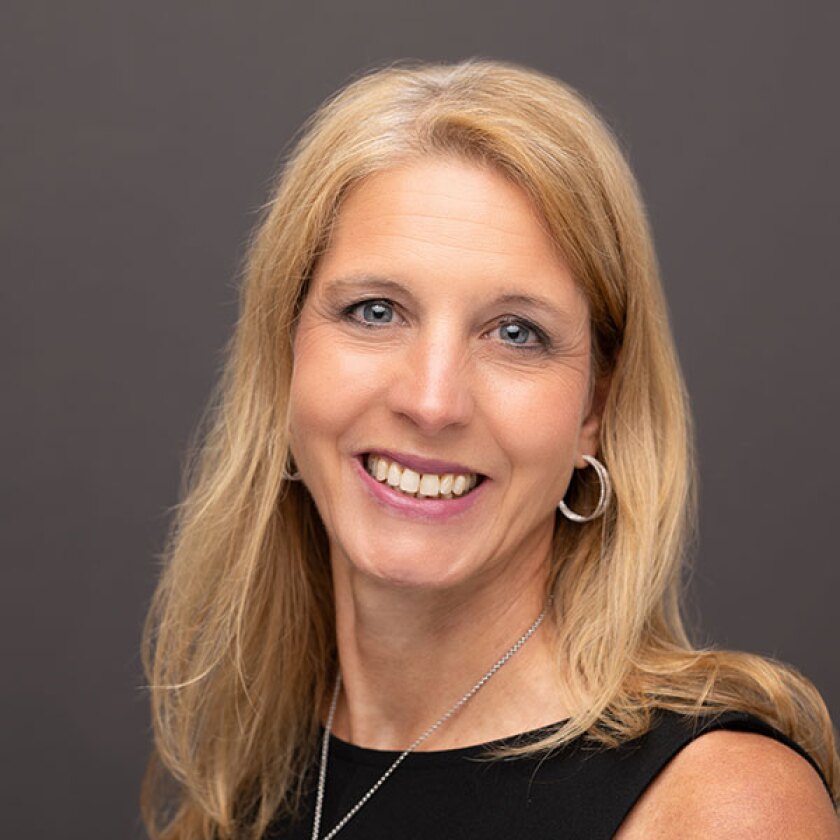The COVID-19 pandemic has upended lives across the country as officials struggle to curb its spread. As cities and states have put restrictions in place to slow infections, businesses of all kinds have felt the financial squeeze.
Certified public accountants have helped guide their clients through this troubling time as they try to navigate the sudden financial strain the pandemic has brought. The CARES Act provided some relief for businesses, dispersing more than $525 billion through the Paycheck Protection Program. As the time comes for businesses to apply for PPP loan forgiveness, CPAs can provide vital assistance to ensure success for their clients. Here are some things to keep in mind while helping clients with PPP loan forgiveness.
Do your clients qualify?
Your client was able to secure a PPP loan early on in the pandemic that helped them stay afloat. But, are they eligible for loan forgiveness now? This is an important question that business owners are counting on their accountant to make clear for them. CPAs need to keep their clients informed of the requirements throughout the loan process to ensure they qualify for full forgiveness. Keeping the right number of employees on the payroll and avoiding big payouts are important factors that will affect a business’s qualification for forgiveness. A CPA can help clients meet this and other requirements before submitting their application.
Completing forgiveness applications
It’s no surprise that PPP loans can be confusing, especially for business owners dealing with a mountain of stress just trying to keep food on the table for themselves and their employees. Having a good CPA on their side is an invaluable aid for business owners during these difficult times.
Pam identifies client goals and objectives, understands service requirements, and engages the appropriate people and resources to create an exceptional standard of client satisfaction. She works closely with internal functional teams to maximize communications of client needs and ensures all deliverables are attained as promised.
Victoria Hanna is director of client experience at Baker Tilly.
Laura Arce is senior vice president for economic initiatives at UnidosUS, a Latino civil rights and advocacy organization, and an inaugural member of the Federal Housing Finance Agency Advisory Committee on Affordable, Equitable and Sustainable Housing.
Keeping track of expenses and documentation after the loan is received and getting the correct paperwork put together for the forgiveness application is essential. Make sure clients meet deadlines, turn in the correct forms, and stay in touch with their lender throughout the application process. Give clients the confidence that their application is thorough and accurate to give them the best chance of their loan being fully forgiven.
Staying on top of changes
Of course, the confusion that has occurred with the Paycheck Protection Program doesn’t belong just to borrowers. Some CPAs may find they have a few questions along the way as well. Lawmakers hurried to get financial assistance to cash-strapped businesses when COVID-19 shut down the country; there were bound to be a few snags and revisions to the program. The federal government has put out notices and questions and answers to clear up issues along the way, and changes have been made to the program as the pandemic raged on through the year. It’s up to CPAs to stay apprised of these changes and updates to FAQs so they can properly assist clients. There are still more questions to be answered, including tax issues, so this is a continual process.
CPAs can provide valuable assistance to their clients who are doing their best to stay in business in the midst of a pandemic. Stay informed about the PPP loan forgiveness process and give clients a reliable adviser in their corner to guide them through the process.







